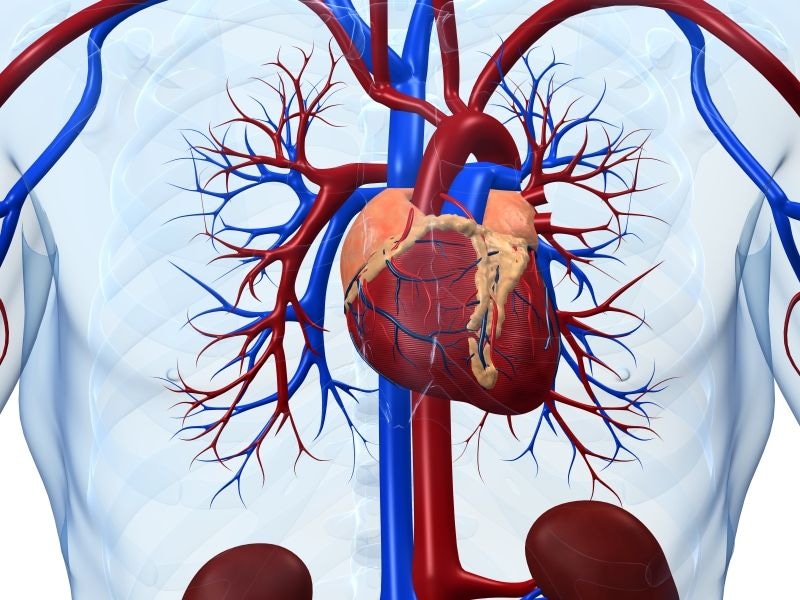Genetic increase of 10 mm Hg in diastolic blood pressure likely has causal link with AAA
MONDAY, Sept. 28, 2020 (HealthDay News) — In a genome-wide association study (GWAS), published online Sept. 28 in Circulation, researchers identified 14 novel loci for abdominal aortic aneurysm (AAA).
Philip Tsao, Ph.D., from the Stanford University School of Medicine in California, and colleagues performed a GWAS in the Million Veteran Program testing about 18 million DNA sequence variants with AAA (7,642 cases and 172,172 controls) in veterans of European ancestry. The results were replicated in 4,972 cases and 99,858 controls. Mendelian randomization was used to examine the causal effects of blood pressure on AAA. A genome-wide polygenic risk score was derived to identify those at higher risk for disease.
The researchers identified 14 novel loci through GWAS, bringing the total number of known significant loci for AAA to 24. A genetic increase of 10 mm Hg in diastolic blood pressure likely had a causal link to AAA development (odds ratio, 1.43; 95 percent confidence interval, 1.24 to 1.66) in a Mendelian randomization analysis, as opposed to systolic blood pressure (odds ratio, 1.06; 95 percent confidence interval, 0.97 to 1.15). Nineteen of the AAA risk variants were associated with aneurysms in at least one other vascular territory. A 29-variant polygenic risk score was strongly associated with AAA (odds ratio, 1.26; 95 percent confidence interval, 1.18 to 1.36); this finding was independent of family history and smoking risk factors (odds ratio, 1.24; 95 percent confidence interval, 1.14 to 1.35).
“This study has doubled the number of genetic associations with abdominal aortic aneurysm, adding greatly to our understanding of the disease mechanisms,” Tsao said in a statement. “This new information can enhance screening protocols and help identify individuals at risk for abdominal aortic aneurysm.”
Copyright © 2020 HealthDay. All rights reserved.








